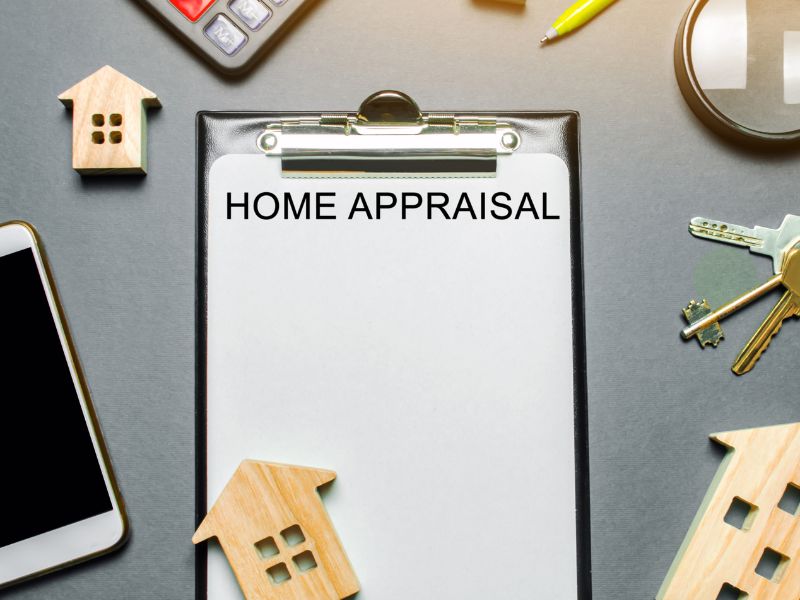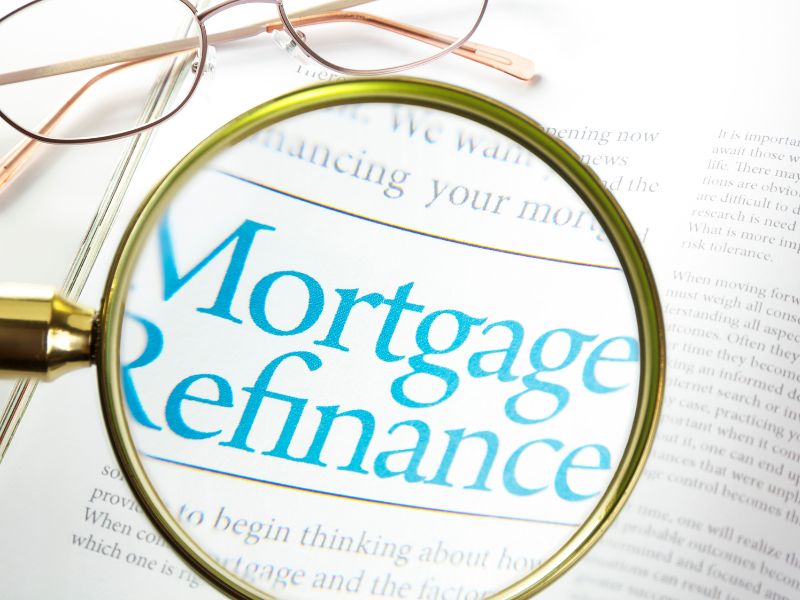Unraveling the Impact of Appraisal Value
 The journey to homeownership is a thrilling adventure, but it comes with its fair share of challenges. One crucial aspect that can significantly influence the mortgage process is the appraisal value of your prospective home. The appraisal value plays a pivotal role in determining the amount a lender is willing to extend to you, making it essential to understand its impact. We will explore the intricacies of how appraisal values can affect your mortgage and provide valuable tips on handling discrepancies.
The journey to homeownership is a thrilling adventure, but it comes with its fair share of challenges. One crucial aspect that can significantly influence the mortgage process is the appraisal value of your prospective home. The appraisal value plays a pivotal role in determining the amount a lender is willing to extend to you, making it essential to understand its impact. We will explore the intricacies of how appraisal values can affect your mortgage and provide valuable tips on handling discrepancies.
Understanding Appraisal Value:
An appraisal is an unbiased estimate of a property’s fair market value conducted by a licensed appraiser. Lenders use this assessment to ensure they aren’t lending more than the property is worth. The appraisal value serves as a safeguard for both the buyer and the lender, preventing overvaluation and potential financial risks.
Impact on Mortgage Approval:
The appraisal value directly influences your mortgage approval process. Lenders typically use a loan-to-value (LTV) ratio to assess the risk associated with the loan. This ratio is calculated by dividing the loan amount by the appraised value of the property. The lower the LTV, the less risk for the lender.
If the appraisal value comes in lower than the agreed-upon purchase price, it can create complications. The lender may be unwilling to finance the originally agreed-upon amount, leaving you with a funding gap. In such cases, understanding how to handle discrepancies becomes crucial.
Tips for Handling Discrepancies:
Review the Appraisal Report:
Obtain a copy of the appraisal report and thoroughly review it. Look for inaccuracies or missed details that could be affecting the value assessment. Sometimes, simple errors in the report can lead to an undervaluation.
Provide Additional Information:
If you believe the appraiser overlooked certain aspects of the property, provide additional information that could positively impact the appraisal. Highlight any recent renovations, upgrades, or unique features that contribute to the property’s value.
Negotiate with the Seller:
If the appraisal value is significantly lower than the agreed-upon purchase price, consider negotiating with the seller. They may be willing to lower the price to ensure the deal goes through, especially if they are motivated to sell.
Order a Second Appraisal:
In some cases, ordering a second appraisal might be a viable option. While it comes with additional costs, a different appraiser might provide a more accurate assessment of the property’s value.
Explore Loan Alternatives:
If the appraisal value poses challenges for your current loan, explore alternative financing options. Some loan programs may be more flexible regarding appraisal values, helping you secure the necessary funding.
The appraisal value of your home plays a crucial role in the mortgage process, influencing the loan amount and terms. Understanding how to navigate discrepancies and taking proactive steps can help you overcome challenges and secure a mortgage that aligns with your homeownership goals.

 Those who are involved in the real estate industry likely know that mortgage rates are at an all-time low. At the same time, nobody wants to pay more for a house than they have to. Some of the most important factors that dictate how much someone is going to pay for a house include points and interest rates.
Those who are involved in the real estate industry likely know that mortgage rates are at an all-time low. At the same time, nobody wants to pay more for a house than they have to. Some of the most important factors that dictate how much someone is going to pay for a house include points and interest rates. There are lots of people who have heard that one of the top ways to ensure the best mortgage rate possible is to refinance. At the same time, it is critical to make sure that this process is planned out accordingly.
There are lots of people who have heard that one of the top ways to ensure the best mortgage rate possible is to refinance. At the same time, it is critical to make sure that this process is planned out accordingly.